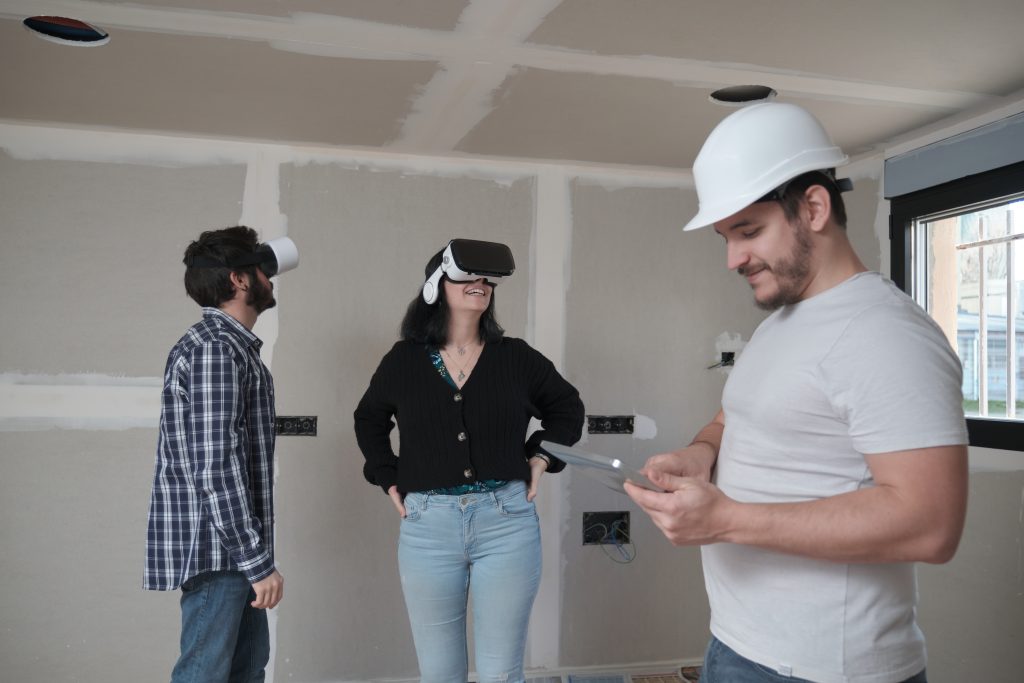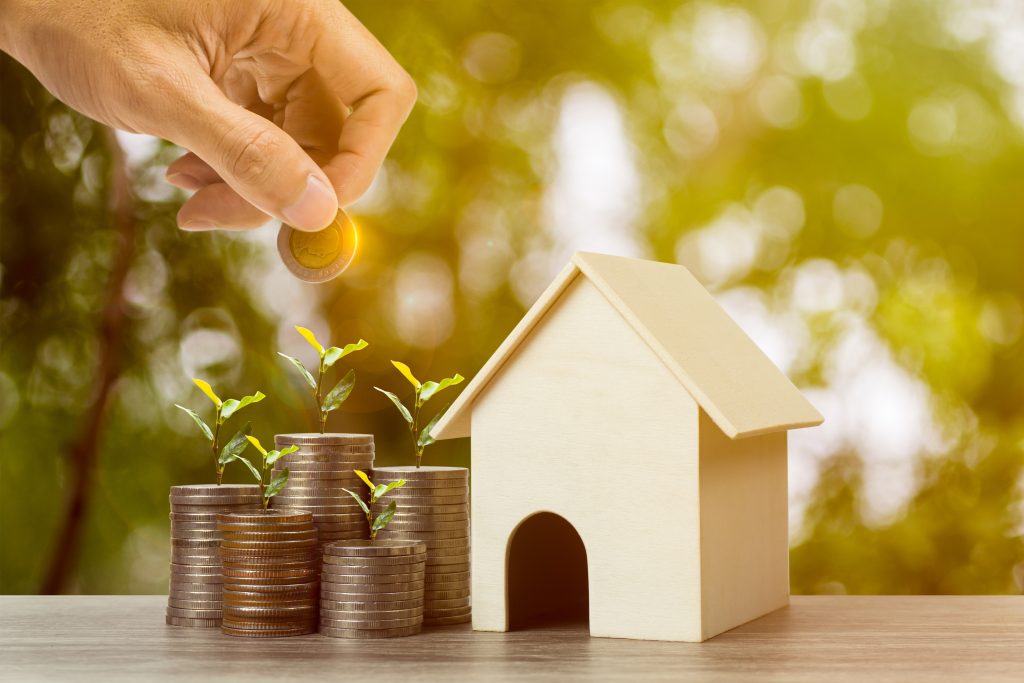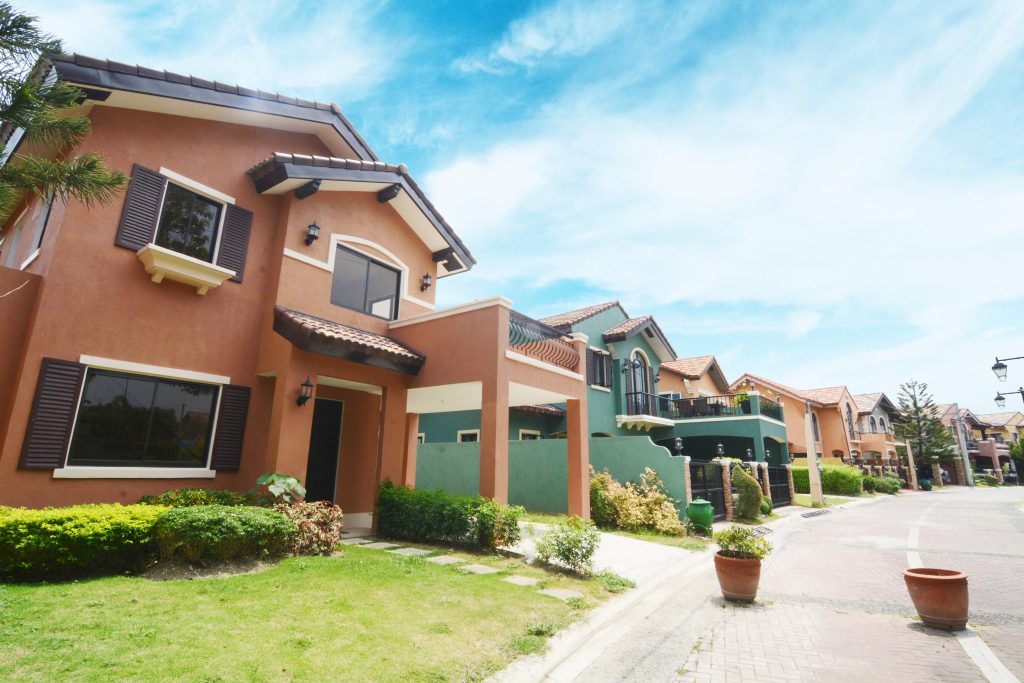For intelligent investors, the Philippine real estate market remains a ray of opportunity amid the 2024 challenges. Real estate investing has traditionally been considered the cornerstone of financial security. The appeal of Philippine real estate investment is still strong, supported by several strong factors that make it an appealing proposition, with organizations such as Crown Asia leading the way in the industry in terms of innovation and quality.
The Philippine real estate market is quite promising for investors looking for chances to generate diverse, stable wealth and has room to develop. Crown Asia, one of the leading companies in this space, exemplifies the industry’s dedication to quality and innovation, making the market appealing to domestic and international investors.
One of the primary draws of Philippine real estate investment lies in its historical resilience and steady appreciation. Despite global economic fluctuations, the country’s property values have exhibited consistent growth, particularly in key urban centers and emerging growth corridors. This trend underscores the potential for capital appreciation, offering investors an opportunity to build wealth over the long term.

Moreover, the demand for housing in the Philippines remains robust, driven by a growing population, urbanization trends, and evolving lifestyle preferences. Crown Asia’s strategic positioning and focus on delivering diverse housing options cater to the dynamic needs of buyers, whether for residential or commercial purposes. This adaptability to changing market demands enhances the attractiveness of Philippine real estate as an investment avenue.
Investing in Philippine real estate through companies such as Crown Asia provides the chance to participate in a booming and dynamic market in addition to financial gains. As with any investment, though, careful due diligence, market research, and congruence with individual financial objectives are essential. For investors looking to accumulate and diversify their wealth over the long term, the Philippine real estate industry presents a bright future due to its durability, development potential, and proactive approach to innovation.
Why Invest in Real Estate this year?
In 2024, there will be a lot of chances to invest in Philippine real estate amid a stable and growing environment. The Philippine real estate industry, a pillar of wealth creation, keeps drawing in both domestic and foreign investors for several strong reasons.
When Compared to Other Countries, the Philippines Offers a Reasonably Low Entry Cost into Real Estate
The comparatively cheap barrier to entry in the Philippines when compared to other nations in the region and the world is one of the primary benefits of investing in real estate there. As of September 2020, the Global Property Guide states that the average cost of a three-bedroom luxury condominium in Makati, Metro Manila’s primary business district, was $3,500 per square meter. Compared to the typical prices of comparable houses in Singapore ($18,000), Hong Kong ($28,000), Tokyo ($13,000), and Sydney ($12,000), this is a big discount.

This implies that an investor in the Philippines can purchase a greater number of properties for the same sum of money as they would in other markets. When purchasing and selling homes across the nation, real estate investors can also benefit from reduced taxes, fees, and interest rates. Value-added tax (VAT) on real estate transactions, for instance, is only 12% in the Philippines compared to 17% and 15% in Singapore and Hong Kong, respectively. This is a substantial discount to the average prices of comparable properties in Singapore ($18,000), Hong Kong ($28,000), Tokyo ($13,000), and Sydney ($12,000).
Experts are optimistic about real estate market recovery
Colliers International Philippines’ Research Director, Joey Roi Bondoc, predicts improved recovery prospects for the secondary market in Metro Manila this year. He predicts an improvement in vacancies, leading to increased rents and prices. Developers are still queuing up new condominium projects, but they should monitor rising inflation and its effects on interest and mortgage rates. The Philippines experienced a boom in home values between 2010 and 2018, but the US-China trade war and a faltering domestic economy caused the property market to collapse in 2019.
However, the Philippine real estate market is expanding and enjoying post-COVID momentum, with Manila’s office occupancy rate improving to 80%. Manila’s premium home market has seen a rapid price increase, with prices rising at the fastest rate in the world. The nation’s GDP increased by 5.9% in Q3, largely due to foreign investments in manufacturing, IT services, and electronics. Businesses are looking ahead, with 87% expecting to implement an office-centric strategy in the next three years.
Investors in Metro Manila Can Benefit from Passive Income Through Rentvestment Opportunities

The opportunity to generate passive income through rentvestment—the practice of purchasing properties to lease them to tenants—is another justification for making real estate investments in the Philippines. Due to the strong demand for residential and commercial spaces from a variety of market segments, including young professionals, students, expats, tourists, and company owners, rentvestment is particularly common in metropolitan locations.
The average rental yield for condominium units in Metro Manila as of the third quarter of 2020 was 5.6%, according to Colliers International. This is higher than the average yields in Singapore (2.5%), Hong Kong (2.4%), Tokyo (2.6%), and Sydney (3.3%). This implies that compared to other markets, you should anticipate making more money from your rental income in the Philippines.
Additionally, investors can benefit from the rising demand for short-term rentals of their homes from tourists and travelers by listing them on websites like Airbnb, Booking, and Agoda. By doing this, they may expand their market, optimize their rental income, and raise their occupancy rate.
Future Innovation and Technology in 2024
As digital platforms and marketplaces develop, they give real estate stakeholders access to more sophisticated tools, increase market accessibility, and promote increased transparency. It is anticipated that the integration of smart contracts with blockchain technology will enhance transaction efficiency by decreasing the need for middlemen and simplifying and safeguarding real estate transactions. Thanks to virtual and augmented reality technologies, prospective buyers will be able to examine and assess houses from a distance with the help of 3D modeling and virtual tours.

The use of Internet of Things (IoT) devices, especially in smart home technologies, will improve property management and improve living conditions by introducing connected gadgets for security, energy efficiency, and ease. Real estate professionals will be able to make data-driven judgments on market trends, property values, and investment prospects with the support of big data analytics’ analytical expertise.
Proptech companies are expected to grow in the real estate sector, providing innovative solutions that challenge conventional thinking and increase productivity all around.
The year 2023 real estate performance is a good baseline for this year’s
Forecasting or predicting requires scanning the prior years’ performance to come up with projections and research-based strategies for next year’s real estate performance.
The real estate industry will look back on 2023 as a year marked by tenacity, innovation, and adaptability. Crown Asia, a leader in the creation of luxury real estate, has molded this story of metamorphosis against the backdrop of shifting consumer preferences and shifting environmental conditions.
The housing market for Philippine real estate is starting to show signs of revival amid a strong economic boom. The average price of an opulent three-bedroom condominium unit in the central business districts (CBDs) of Metro Manila climbed by a pitiful 3.93% in 2022 to PHP 195,750 (US$3,588) per square meter (sq. m), according to statistics from Colliers International. When inflation was factored in, the cost of luxury homes in CBDs dropped by 3.82% from the previous year.

Demand is also increasing. Colliers report that 20,000 units were sold in 2022 as a result of pre-selling activity in the CBDs, a 54% increase from the 13,000 units sold in 2021. Still, it represents a huge decrease from the 40,000–50,000 units sold before the outbreak.
The Philippines experienced a surge in house values between 2010 and 2018, with prices in CBDs rising by 125% (77% after accounting for inflation). However, the property market crashed hard in 2019 due to the US-China trade conflict and a collapsing domestic economy. House prices, adjusted for inflation, increased by just 0.9% and decreased by 1%.In 2020, the Covid-19 pandemic made matters worse and caused the housing market to collapse. The Philippines is the worst-performing housing market, with CBD property prices declining by 13.2% (or -16.1% when corrected for inflation), according to the Global Property Guide’s 2020 Global Property Price Survey. Despite prices falling by 6.5% (or -9.8% when adjusted for inflation), the housing market in 2021 remained the second weakest in the world, according to Global Property Guide’s 2021 Global House Price Survey. This year, the housing market is expected to continue to improve.
Permits You to Expand Your Investment Holdings in an Emerging Sector
You can lower your risk exposure and diversify your investment portfolio by making real estate investments in the Philippines. Real estate is regarded as a reliable, material asset with potential for long-term appreciation that can act as a buffer against inflation and exchange rate swings. Additionally, compared to other investment classes like equities, bonds, and commodities, which are vulnerable to changes in the market and outside shocks, real estate is more predictable and less volatile.

Additionally, investing in Philippine real estate can open doors to a rapidly expanding and vibrant sector with a wide range of choices and opportunities. A variety of property kinds are available for selection, including offices, warehouses, retail spaces, townhouses, condos, flats, hotels, resorts, and more. Additionally, you have a variety of places to pick from, including rural, suburban, urban, and island settings.
Real estate’s value offers a long-term return on investment.
The long-term return on investment you can anticipate from your properties is another advantage of investing in real estate in the Philippines. Real estate is an investment that can increase in value over time, particularly if you select homes with strong market demand, premium features and facilities, and great locations.
The Global Property Guide states that between 2010 and 2020, the average cost of a luxurious three-bedroom condominium unit in Makati climbed by 132%, or 8.8% annually. Accordingly, if you purchased a house for $1 million in 2010, it would be worth $2.32 million in 2020, resulting in a $1.32 million profit for you.

Of course, several factors, including location, condition, size, design, and market trends, will affect the value of your assets. On the other hand, you can raise the value of your properties by upkeep, repairs, and enhancements in addition to keeping them occupied and in good condition.
The perks of Real Estate Investment
Those who want to become real estate investors can benefit from a wide range of benefits and advantages associated with real estate investing. More than just a financial asset, home ownership may serve as a foundation for accumulating wealth and ensuring financial stability. One of the main advantages of investing in real estate is the possibility of building and preserving money. A property may be an asset having an intrinsic value that increases in value over time. Value increases give investors the chance to diversify their holdings and increase their equity, which opens up possibilities for long-term financial rewards.
Additionally, real estate investing can be a reliable source of income. In instance, rental income from homes can be a reliable source of income. Investors can profit from market demand, secure renters, and produce passive income by carefully choosing properties and managing them. This provides financial security even in the face of economic uncertainties.

Investing in real estate can also result in tax benefits and incentives. Investors may receive tax benefits from mortgage interest deductions, real estate tax deductions, and some maintenance-related costs. The financial benefits of being a real estate investor can be increased by these deductions, which can also lessen the overall tax burden and increase the profitability of real estate investments.
Types of real estate
The real estate market is a broad field with a wide range of assets to suit different requirements, tastes, and investment approaches. Comprehending the subtleties inherent in these discrete categories of real estate is imperative for individuals in search of a residence as well as investors examining profitable prospects in the industry.
Residential Real Estate
One of the most well-known and popular types of real estate; it includes homes intended for individual habitation. Apartments, townhomes, condos, and single-family homes make up this category. While condominiums and apartments frequently offer shared rooms and public amenities, single-family houses provide spaces for autonomous living. These types of housing cater to people who want convenience and a sense of community. With shared walls and smaller yards, townhouses provide the advantages of both single-family residences and condominiums.

Commercial real estate
Conversely, properties intended for commercial use are the focus of commercial real estate. Office space, retail establishments, industrial spaces, and hospitality complexes are all included in this category. Retail buildings host enterprises open to the public, whereas office spaces serve businesses looking for professional settings in which to operate. Industrial areas function as hubs for logistical activities, housing production, warehouses, and distribution facilities. Hotels, resorts, and leisure-oriented establishments that serve tourists and travelers are all considered hospitality properties.
Investment Real Estate
Investment real estate is defined as properties that are primarily purchased for monetary benefit as opposed to personal use. This group includes several subcategories, such as real estate investment trusts (REITs), unoccupied land, and rental properties. Whether they are commercial or residential, rental properties make money by renting to tenants. Undeveloped land can be developed or held for potential appreciation in the future. With dividend payments and portfolio diversification, real estate investment trusts (REITs), which are securities traded on stock exchanges, enable investors to engage in real estate projects without having direct property ownership.
Specialized Real Estate
Properties designed to meet particular needs and appeal to specialist markets are categorized as specialized real estate. This group includes properties such as government structures and religious centers, as well as agricultural land, educational institutions (schools, universities), and healthcare facilities (hospitals, clinics). These properties meet certain social demands and frequently call for specialist management and investing skills.
It is essential to comprehend the diversity seen in the real estate industry to navigate the market successfully. Understanding the many real estate categories enables people to make well-informed decisions that are in line with their objectives and aspirations in this diverse market, whether they are looking for a place to call home, investigating investment possibilities, or breaking into specialized markets.
Read More: Unlocking the Charm: Investing in Real Estate in a Tourist Hub


